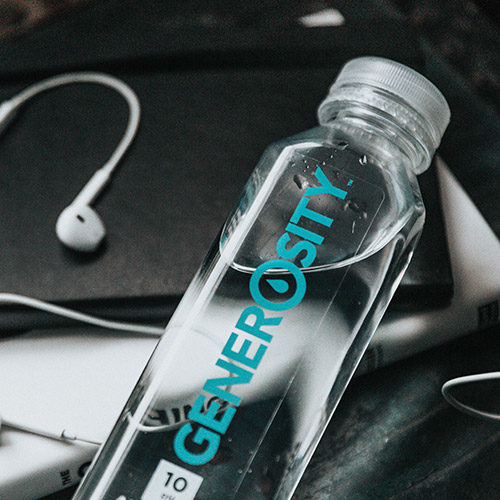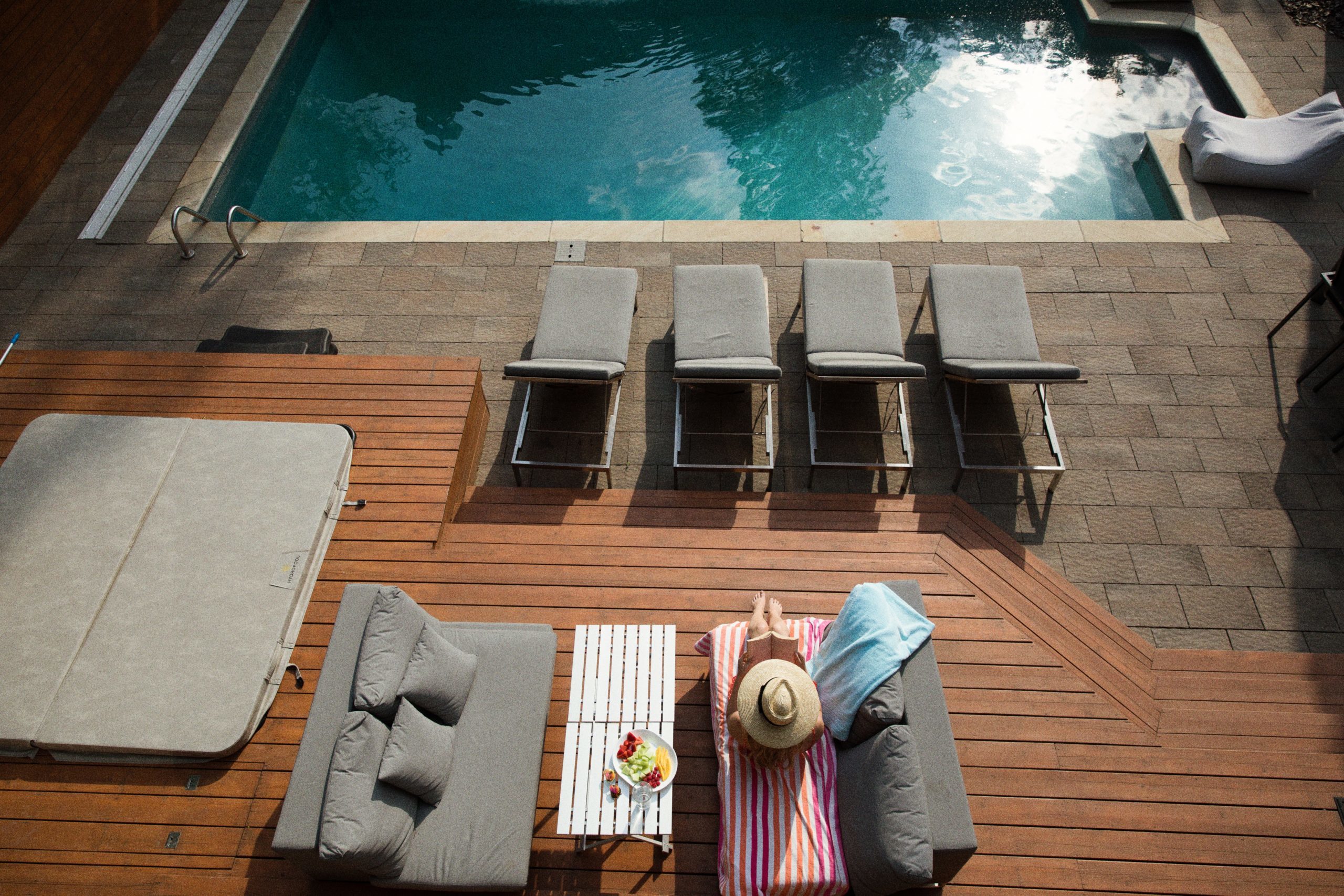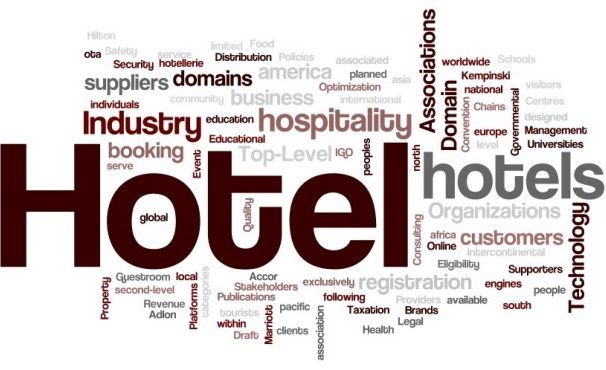How Hotels Can Appeal to Generation Z
As Generation Z enters adulthood, many hotels have begun exploring ways to reach this young demographic. The hotel industry faces some unique challenges when it comes to appealing to their next generation of customers. The amenities and brand consistency that older generations look for are not enough to attract younger guests. To build a reputation among Generation Z customers, hotels will have to market to them in a completely different way. However, establishments that make moves to reach this demographic now will have the upper hand in a few short years when Generation Z is expected to account for upwards of 40 percent of all hotel customers. To get started, here are a few things hotels need to consider about Gen Z:
Their Values
The first step towards reaching Generation Z is understanding their values. Despite their young age, Generation Z is extremely socially conscious. They take pride in supporting businesses with values that mirror their own. Hotels that are active in their community, have a history of charitable giving, or openly speak out on current events have an opportunity to stand out from other establishments.
Their Relationship with Money
Like the Millennials that came before them, Generation Z tends to put more value on experiences over luxury. This means a unique craft cocktail menu is more likely to draw guests into a hotel bar than top-shelf spirits. In fact, hotels will find that it’s generally very difficult to upsell this demographic on any luxury offerings. Generation Z is very guarded with their money. This is a generation that has grown up with a wealth of information at their fingertips, and they are experts at getting what they want at the best possible value. To keep guests from looking outside their hotel for dining and entertainment, hotels will have to work harder to create unique offerings such as specialized spa treatments that can’t be experienced anywhere else.
The Way They Use Social Media
Visual storytelling is popular among Generation Z. They tend to shy away from text-based social media posts and have largely lost interest in platforms like Facebook and Twitter. Instead, this generation opts for image and video-based networks like Instagram and Snapchat. Focusing on creating rich visual content on these platforms is the best way to get noticed by Generation Z. These changing trends in social media can be a great opportunity for hotels to engage with guests on a deeper level and gain exposure at the same time. There are many ways hotels can create photo-friendly moments throughout a guest’s stay. Floral arrangements and pieces of art can serve as an irresistible backdrop for a photo, especially when paired with favorable lighting. Even a perfectly organized continental breakfast bar can beckon for a closeup. Small details can play a big part in the way your hotel is portrayed online.
Take your next step toward greater profit with the Source1 Purchasing Solution.
Call: 888.411.9987
Contact Us Here
www.source1purchasing.com
Click here to get your free Supply Chain Analysis (Typically, a Supply Chain Analysis will identify savings opportunities of 9% or more!)
















